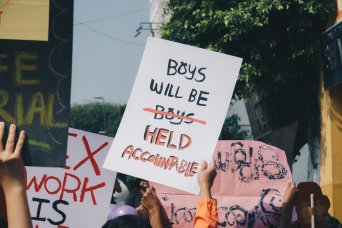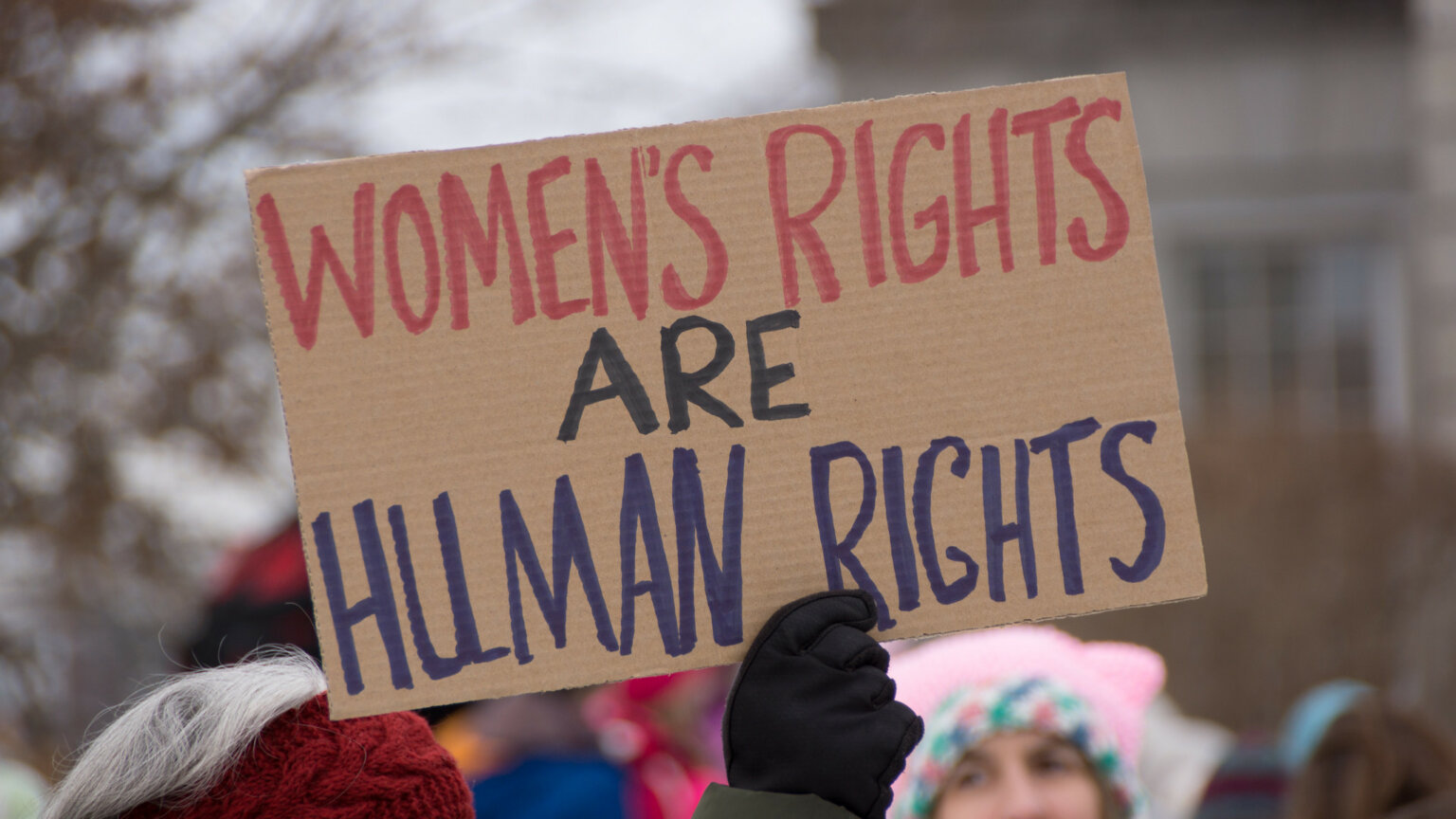- About
- Topics
- Picks
- Audio
- Story
- In-Depth
- Opinion
- News
- Donate
- Signup for our newsletterOur Editors' Best Picks.Send
Read, Debate: Engage.
| topic: | Women's rights |
|---|---|
| located: | Bosnia and Herzegovina |
| editor: | Katarina Panić |
Editor’s note: this article contains descriptions of sexual assault and harassment.
Last week in several Bosnian cities, NGOs called for citizens to take to the streets after another femicide occurred in the town of Bihać, where a 32 year-old woman was killed by her husband. Human rights activists campaigned for the full implementation of the Istanbul Convention signed by the state in 2014.
“Our pain is your shame,” read the signs that activists carried to send the message to the authorities.
Bosnian women’s rights organisations insist that the legal determination of femicide should not be grouped with ordinary murder, but should be specified as murder committed by a man unto a woman with whom he has or has had an emotional relationship. If it turns out that any violence preceded the murder, they argue, then the penalty must be more severe. Otherwise, femicide will remain a reality for women in society without being acknowledged by the legal system.
According to Bosnia’s Agency for Gender Equality, more than 60 women have been killed by their partners since 2015. Every third woman is a victim of violence, and every other woman over 15 has experienced psychological, economic or physical abuse. However, the Agency says that this data is not official nor complete, but has been compiled from reports by the courts, media and NGOs since there is no unique database to track female abuse.
In the public sphere, there is a kind of language that diminishes the man's role in these cases. The patriarchy is deeply rooted in society, including in the inherited understanding that women are men’s property, belonging to their fathers, brothers, partners or sons. When femicide is committed, the perception of women’s guilt dominates the narrative; therefore, women are blamed for being abused, beaten, raped and killed. The media also use terms that propagate the culture, calling these cases a private matter, a family tragedy, an accident or a crime of passion.
Dragana Grujičić is a social worker in charge of victims of violence in the northwest Bosnian town of Prijedor. When an emergency is alerted, she goes with the police to the scene of the crime. There, she used to witness the policemen’s solidarity with the abusive men, rather than with the female victims.
“The worst thing for me is when we come to the field, find a terrible situation, including minor children, do our part of the job, and [the police] pat the perpetrator on the shoulder while we are leaving. It seems everything we do falls flat,” Dragana told FairPlanet.
There is a lot that is yet to be done to make female victims feel protected instead of the male abusers. The precondition is to sensitise all the subjects to the prevention of gender-based violence.
Photo by Michelle Ding

